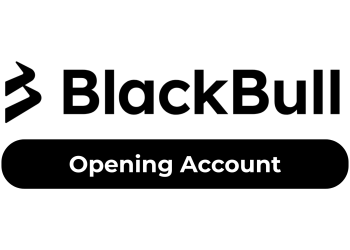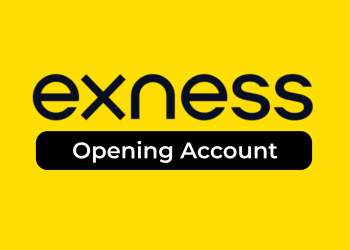In this article, we will talk about how a Forex broker can steal your money. You should stay away from them if you want to protect your money. These brokers often operate from a single bank account and may use your funds to boost their operations.
This is not a good practice because they could lose access to your funds in the long run. Moreover, you should know that scammers often use little-known or generally unknown trading terminals to steal your money.
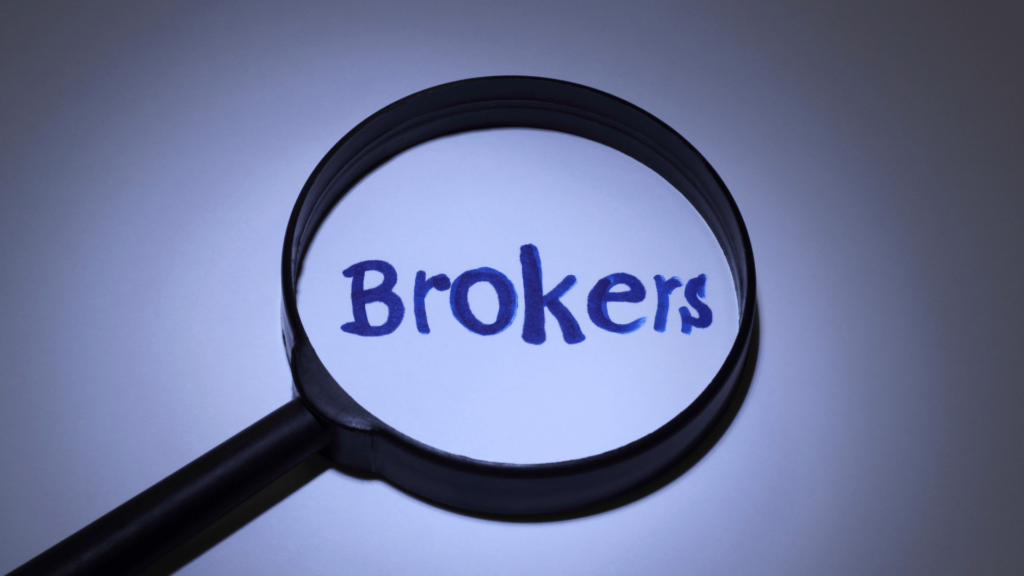
Disreputable forex brokers often use little-known or generally unknown trading terminals to prevent huge losses
It is essential to separate fact from fiction when trading in the foreign exchange market. A disgruntled trader may assume their broker is a scam and blame him or her for their lack of profit. It is also important to know what to look for in a trading terminal and how to recognize it. Some disreputable forex brokers use little-known or generally unknown trading terminals to avoid huge losses.
If your broker fails to respond to your emails, he or she may not be looking out for your best interests. Make sure you know everything about your broker and open a mini account with a small capital first, before attempting to withdraw your money. If your broker has a problem with withdrawals, be sure to discuss it with your broker and report them to the appropriate regulatory authority.
When looking for a trading terminal, check its functionality and reputation. Unlike legitimate brokers, these scammers do not operate on the world interbank market. Instead, they play with other traders on the fraudulent website and manipulate the platform itself to ensure profitability. So, if you find a trading terminal that claims to be popular but is not, be very wary.
Make sure your Forex broker is regulated. In order to be legitimate, your broker should be regulated by a government or private licensing agency. Moreover, you should check if your broker has an official website. If you see a website that does not have a license, that means it is a scam. However, if your broker is not regulated, you should stay away from it.
They cheat clients by stop hunting
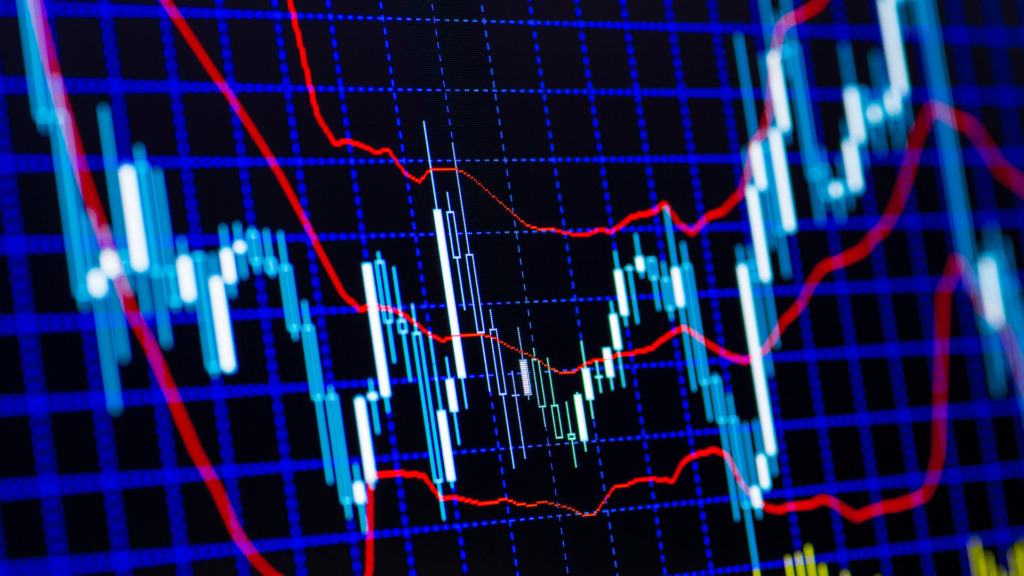
Stop hunting is a popular method used by fraudulent Forex brokers to close your positions at the price you set as your stop loss. These brokers often close your positions before your stop loss is reached. These scams have been around for a long time, but new regulations have cracked down on them. Make sure your broker is registered with a regulatory agency.
If you live in the United States, make sure the broker is a Futures Commission Merchant (CFTC) member or a member of the National Futures Association (NFA). This will protect you from fraudulent, manipulative, and abusive trading practices.
Some losing traders will accuse their broker of cheating them by increasing the spread to make them think their stop loss was triggered. In reality, this is not the case, and it’s often because of their own mistakes. While not all market maker brokers will hunt your stop loss, it’s still important to check whether your broker is cheating you. Fortunately, most of the brokers who are highly regulated don’t.
One way to spot a scam broker is by monitoring the bid/ask spreads. Normally, these spreads are around two or three pips. However, in a scam, the spreads can reach seven or eight pips. These seven pips can add up to thousands of dollars per day. It is therefore imperative to monitor the spreads of your Forex broker and avoid trading with a scam broker.
A good Forex broker should have a good reputation in the market. While some brokers are hated by traders, others have earned an enviable reputation. To get a good reputation, a broker must know how to deal with specific market conditions. Disreputable brokers often use high spreads to protect their profits and sometimes cancel trades after they turn against them. Sometimes, these brokers even try to boycott a trader who has a large profit, trying to prevent them from gaining more profits.
They manipulate ask-bid spreads
If you’ve ever wondered how Forex brokers manipulate the ask-bid spreads to steal your money, the answer is quite simple: they do it to make a profit. In fact, it’s not rare for a forex broker to make as much as $10,000 every time a trade is made. They do this by using system glitches, requoting, and off-hours price feed. Unfortunately, it can be very difficult to get your money back.
Traders can also spot fake spreads by comparing their own charts with others. This can help them identify shady brokers and avoid losing money on untrue trades. The spreads on some major currency pairs can be as large as 8 pips! In addition to manipulated spreads, scammers also use stop-hunting to force traders out of their trades.
To avoid this, traders should choose a broker that is registered with a regulatory body. If a forex broker is not registered with a regulatory body, it should be avoided. If you’re looking to make a forex trade, make sure the broker you choose has a good track record and is registered with the appropriate regulatory body.
As a retail trader, you should look for a competitive bid/ask quote. However, if the broker you’re considering uses a fixed spread, you might be scammed. These brokers will manipulate the spreads in order to increase their profit margins, or artificially spike prices to lure in traders. Traders who rely on the price feed of their broker may view this as price tampering.
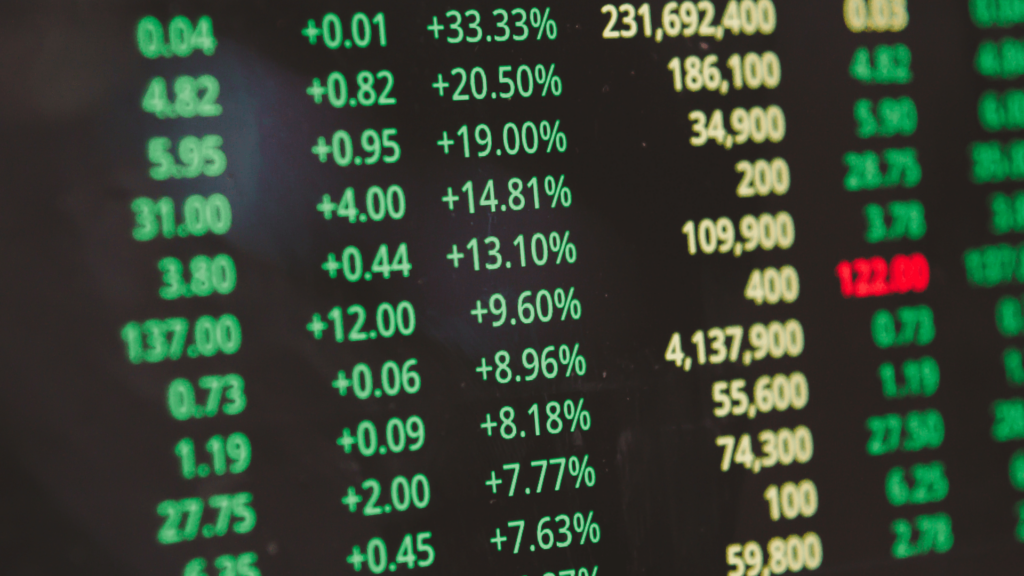
They use special kinds of software to scam you out of your money
Most of these Forex brokers will advertise high returns, but these are usually unrealistic. They will also advertise a high success rate. It’s not a good idea to invest in a Forex broker that makes such claims. The returns should be small, but they should be realistic. Similarly, if a broker advertises a $10,000 bonus, it’s not a good idea to invest. This is because such brokers will never be able to provide a refund if their software fails to meet the requirements.
Another common Forex scam involves imposters that pretend to be government agencies. These individuals will pose as government entities but may be private individuals or businesses. They will then try to convince you that they can recover your lost funds by charging you a fee. Never pay anyone to help you recover your money. Instead, contact the relevant government agencies. You should always follow up with the authorities in case you lose money on Forex.
Fraudulent forex brokers often pose as reputable forex brokers and use their registration numbers. Check if the broker is registered with the FCA to avoid being duped. Scammers often have websites that look identical to legitimate forex brokers to trick investors into paying them. You should never send money to a forex broker that contacts you with unsolicited calls. If you do, you may be scammed.
Scammy Forex brokers will promise you unrealistic returns. They will also offer bonuses and other incentives. If they promise you a high return overnight, it’s probably a scam. Some scams will also use social media to advertise fraudulent investment opportunities. Many of them will use images of luxurious items in their ads. Don’t believe everything you read on social media. Some of these scammers use images of luxury items to lure people into investing money.
Top Forex Brokers
[ninja_tables id=”6695″]
Conclusion
These are the techniques that most brokers will use to scam you. We recommend you to read our article on How to know if a forex broker is real.




